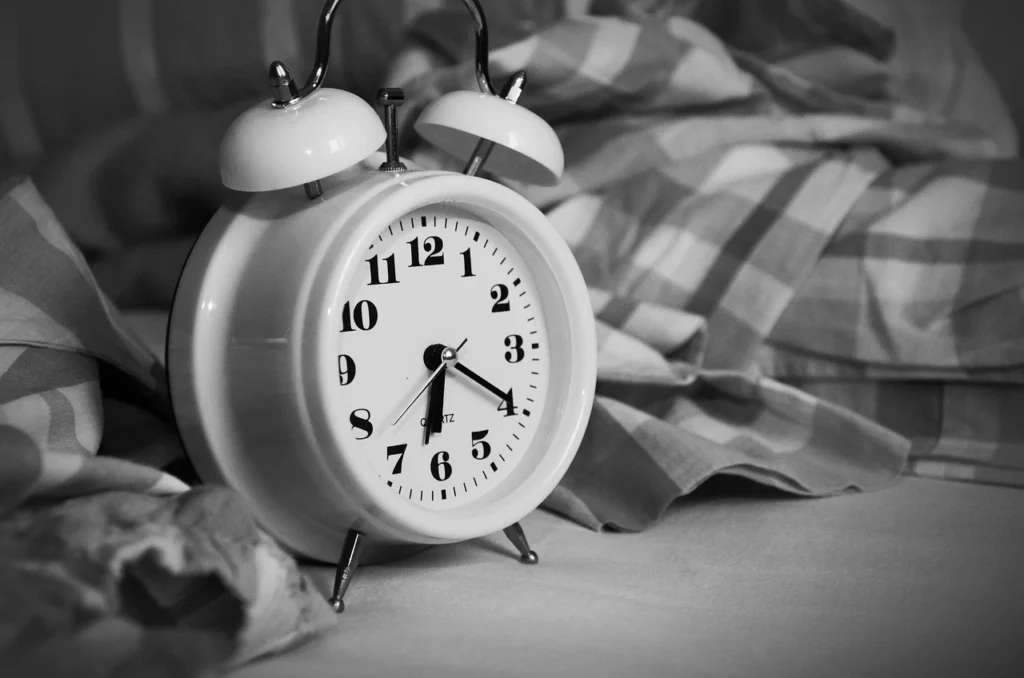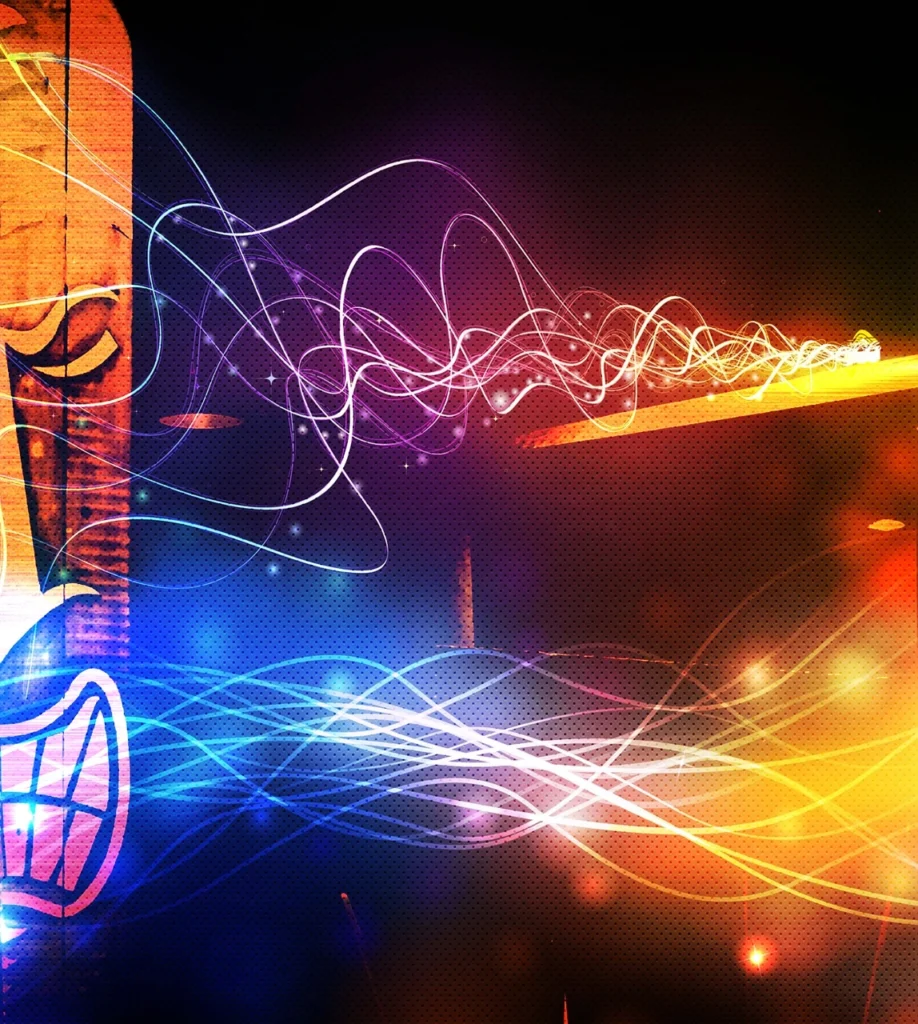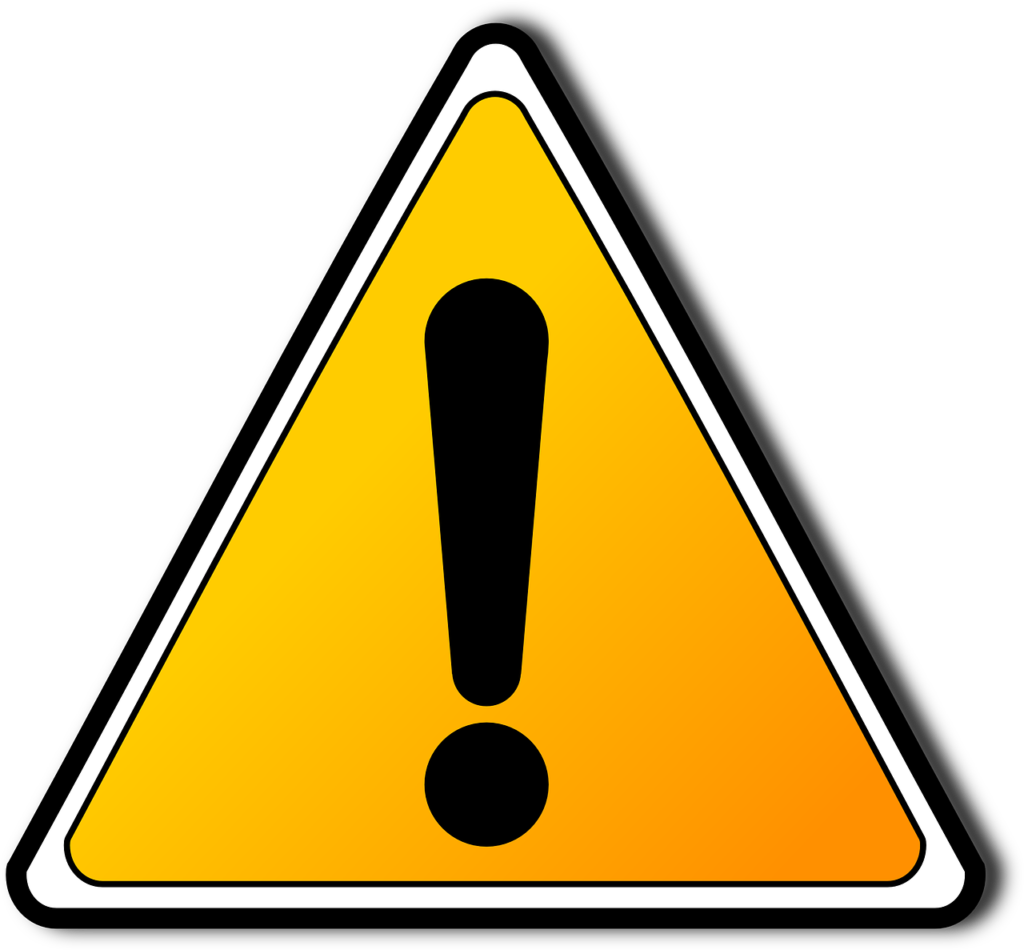A Personal Journey Through Sleep Deprivation
Insomnia is not merely an irritant; it poses a significant threat to both personal well-being and public safety. In an era marked by escalating stress, the prevalence of insomnia seems to be on the rise, impacting individuals in unforeseen ways. Despite having overcome sleep challenges in the past, recent experiences have highlighted the insidious nature of insomnia and its potential consequences.
My own battle with insomnia traces back to a traumatic train crash, which disrupted my sleep patterns. However, through the guidance of Matthew Walker’s insightful book on sleep and some other things I found helped my psyche, I managed to establish a restful routine that rejuvenated my body and mind. Waking up refreshed became the norm, even when occasional PTSD episodes creep back in and re-disrupt my sleep. I understand these episodes as temporary, confident that normalcy will return once the storm passed.


Lately, however, sleep has become elusive again, with no apparent trigger like a PTSD episode. The demands of daily life pulling me in various directions have become a source of stress—juggling work, new projects, home repairs post-damage, and the impending holiday season. Perhaps the absence of a proper break or vacation since the onset of the COVID-19 pandemic, coupled with a relocation away from friends and family, has taken a toll. The state of the world, seemingly descending into chaos, adds an additional layer of subconscious worry, creating a relentless feeling of overwhelm.
The scarcity of time during waking hours perpetuates a sense of impending doom, a looming shadow of anxiety. Last week’s experience epitomizes the severity of the situation. Fitful sleep on Sunday cascaded into sleepless nights from Monday to Wednesday, culminating in physical and mental exhaustion. By Thursday, I felt like I was navigating a thick, gloopy swamp of a brain, bordering on hallucinations. Recognizing the danger, I chose to abstain from driving to ensure the safety of myself and others.
Fortuitously, my past struggles with PTSD have granted me access to a limited supply of sleeping tablets. Despite my reluctance due to their side effects, one tablet became a godsend in extremis. It granted me a night of respite on Thursday, albeit accompanied by grogginess the following day. Grateful for the relief, I resolved to return to the sleep regimen recommended by Walker and my other tips, supplemented by 5-HTP to aid in falling asleep. Though not perfect, this combination has restored a semblance of humanity, allowing me to function more effectively in daily life.
The perilous consequences of insomnia extend beyond personal discomfort. In my case, the decision to abstain from driving exemplifies the potential hazards posed to public safety. This experience underscores the urgency of addressing insomnia as a serious health concern, both for individuals and the broader community. As we navigate the complexities of modern life, prioritizing and safeguarding our sleep becomes paramount.
If you haven’t got the time or patience to read the Why We Sleep book here is the link to my regimen I wrote back in 2019: https://bit.ly/3QIoq0o


